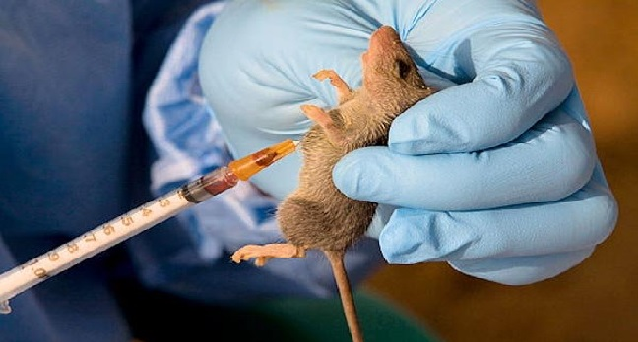Place your adverts here on InfoDig @ low rates; banner ads, sponsored links and guest articles etc. Contact us
The Nigeria Centre for Disease Control and Prevention (NCDC) has reported a total of 1,018 confirmed cases of Lassa fever across 28 states in the country, resulting in 172 deaths as of September 29, 2024.
The figures are part of a broader pool of 8,411 suspected cases recorded from January to the end of September.
According to the NCDC’s latest Lassa fever situation report, the Case Fatality Rate (CFR) stands at 16.9%, slightly higher than the 16.8% CFR for the same period in 2023. The report highlighted that Lassa fever remains a serious public health threat, particularly in states such as Ondo, Edo, and Bauchi, which together account for 68% of all confirmed cases.
Lassa fever, an acute viral hemorrhagic illness, is transmitted through exposure to food or household items contaminated by the excreta of infected Mastomys rats.
According to the World Health Organization (WHO), the disease is endemic in parts of West Africa, including Nigeria, Ghana, Liberia, Sierra Leone, and Guinea, with the potential to exist in other countries across the region.
The NCDC report indicated that between weeks 1 and 39 of 2024, Ondo State recorded 28% of all confirmed cases, Edo State accounted for 23%, and Bauchi recorded 17%. The majority of cases affected individuals aged between 31 and 40, with the male-to-female ratio being evenly distributed. No new cases among healthcare workers were reported during the week 39 update.
In response to the outbreak, the National Lassa Fever Technical Working Group, comprising multiple partners and sectors, continues to coordinate activities aimed at managing the epidemic at both the federal and state levels. Preventive measures, including enhanced infection control protocols, are emphasized, especially in healthcare settings.
The NCDC continues to urge the public to take precautions, such as maintaining proper hygiene and keeping homes free from rodents, to reduce the risk of infection.







)





 English (US) ·
English (US) ·